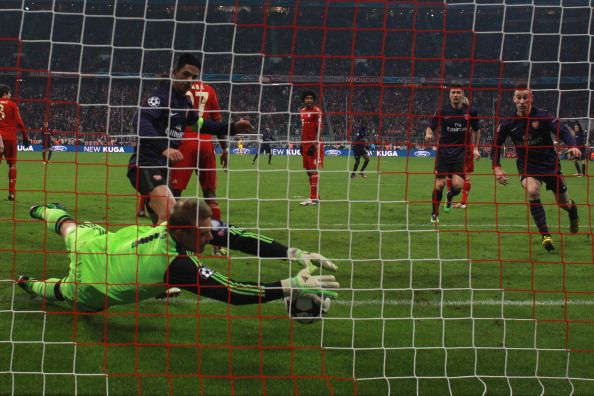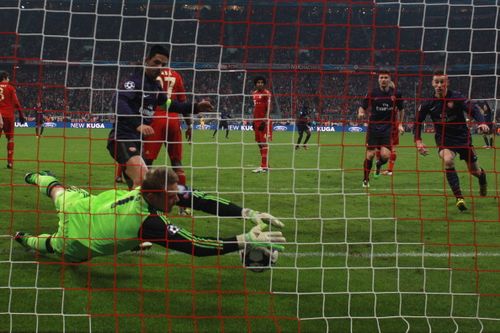
The away goal rule: amendments required?

Picture this. Your club, after a roller coaster ride of a season, has finally made it to the semifinals of the Champions League. It has bowed out of the title race in the league and been eliminated from other knockout competitions as well, and this is effectively the sole route to glory.
They perform brilliantly in the first leg away from home, although they couldn’t score and the game ended with no goals. The fans thronged the stadium in the second leg hoping to witness their team progressing and playing at Wembley. It looked like it could be a dream come true with your team having scored once, only to be denied progression by conceding an all important away goal in the dying seconds of the game.
Soon reality sinks in, and you realise that a game that you were comfortably winning, all of a sudden knocks you out of the competition at such a crucial stage, even though you are level on aggregate goals.
Welcome to the cruel world of away goals.
Introduced by UEFA in 1965, it has received a lot of criticism from fans around the world time and again. Although some would say it is a fair way of judging a winner in a grueling tie, as scoring away from home deserves more credit than a goal scored amidst home support, there are a few questionable points that should be brought to light.
Should the rule be applied to group stages?
In the 2000-01 season of the Champions League, Lyon and Olympiakos were drawn in the same group. The fixture in France led to a 1-0 win for the home side, while the reverse fixture in Greece ended in a 2-1 win for the Greeks with Lyon scoring that one away goal towards the end of the game. Little did they know that it was that solitary goal that would see them progress to the Round of 16, after they were tied on points with the Greek side.
Did the rule work out doing justice to both sides here? Although there’s no denying the fact that Lyon did deserve the advantage, there are two sides to the story. Maybe if Olympiakos had played the away fixture knowing the importance of it, they would have probably fielded a better squad and played with more intent.
Although they have nobody but themselves to blame for it, it implies that even during the group stages of a competition, every club would have to play each game like a final and bring its best players on to the pitch despite issues like fatigue, having played a league or cup game a couple of days back.
But away goals are the third tiebreaker in the group stages, so it’s not as much of a concern as other areas are where this rule needs to be touched upon.
Home or away first?

Some feel that playing at home in the first leg of a knockout competition is unfair as it puts the home team under pressure of conceding an away goal and so they aren’t able to take advantage of the fixture.
However, the fact that this is decided based on the group stage standings, makes it fair as it depends on how the club performs and if they top the group, they don’t have to worry about this.